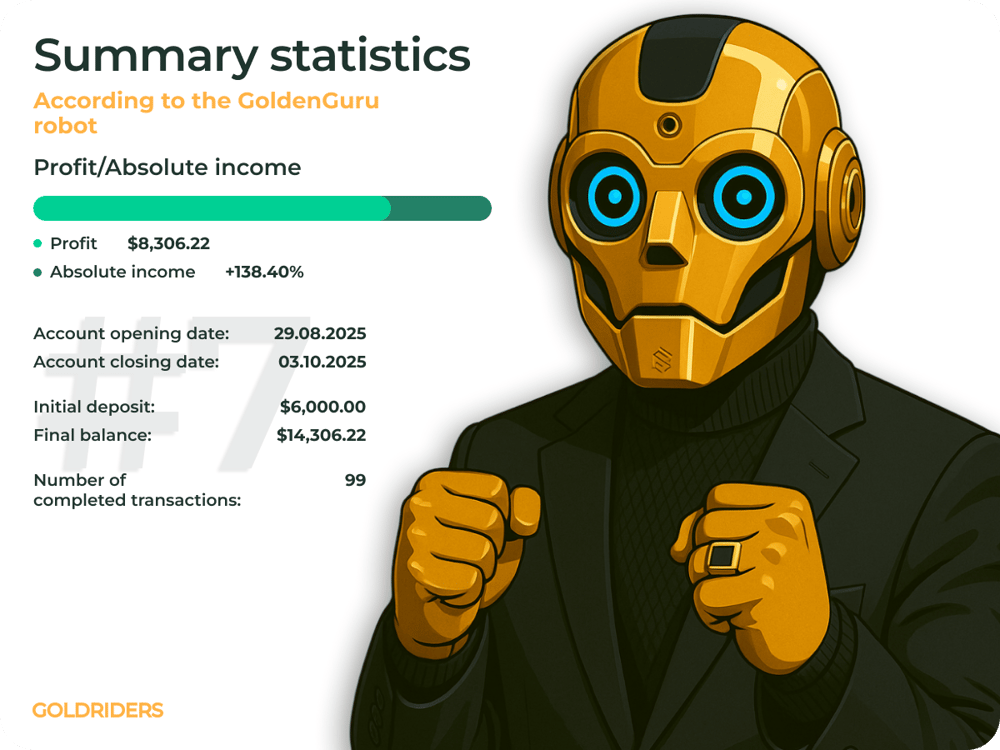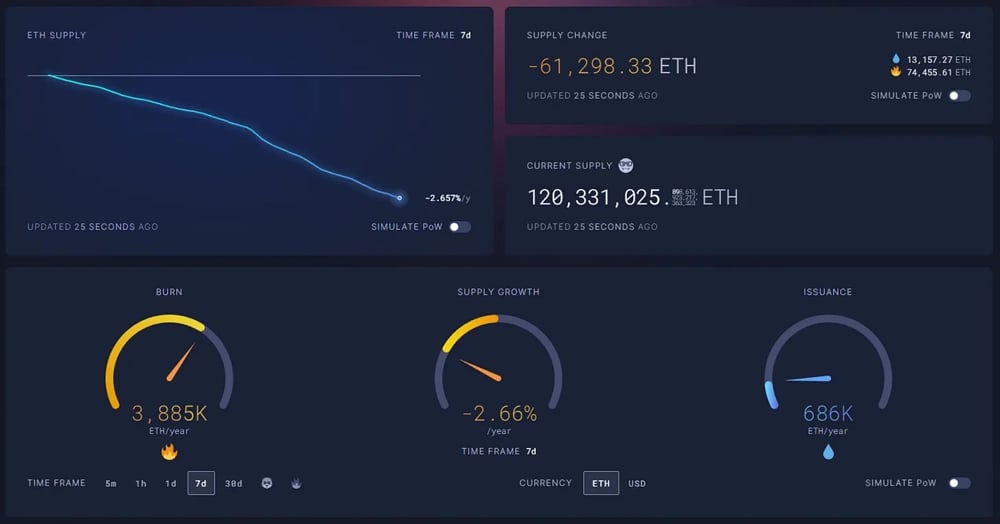Pharma Stocks Sink After Trump Vows Major Drug Price Cuts Across U.S. Market

Pharmaceutical stocks took a sharp hit on Monday following a renewed pledge by former U.S. President Donald Trump to slash prescription drug prices in the country. In a Truth Social post, Trump committed to reducing prices by 59% — a more aggressive figure compared to his earlier range of 30% to 80%, which he promised would take effect “almost immediately.”
The announcement rattled investor confidence across the pharmaceutical sector, triggering premarket declines in shares of major U.S. drugmakers. AbbVie Inc. $ABBV, Amgen Inc. $AMGN, Pfizer Inc. $PFE, Eli Lilly and Co. $LLY, and Merck & Co. $MRK all posted losses ranging from 2.2% to 3.7% in early trading. The market reaction underscores growing concerns over regulatory risk and the financial impact of potential pricing reforms in the world’s largest pharmaceutical market.
Market Sentiment: Uncertainty Overshadows Innovation
Analysts have long warned that political rhetoric around drug pricing can lead to heightened volatility in biotech and pharma equities. Michael Yee of Jefferies noted that the sector is facing renewed pressure amid fears of stricter price controls. Investors are increasingly pricing in the possibility of sweeping regulatory reforms that could compress margins and slow revenue growth for U.S.-based drug manufacturers.
The backdrop to this development is the persistent disparity between drug prices in the U.S. and other high-income countries. According to industry estimates, Americans pay nearly three times more for prescription drugs than citizens in comparable nations. While Trump’s message did not contain specific policy mechanisms, the tone suggests an intent to revisit or expand upon earlier initiatives aimed at international price referencing and Medicare negotiation powers.

Key Pharmaceutical Stocks Reacting to the Announcement
AbbVie Inc.: Known for its blockbuster drug Humira, AbbVie’s stock slid over 2.5%, reflecting investor concern about exposure to U.S. pricing policy.
Amgen Inc.: Shares dipped nearly 2.8% amid speculation that its portfolio of biologics could be targeted in pricing reforms.
Pfizer Inc.: With a vast pipeline and global reach, Pfizer saw a 3.1% drop, signaling broader fears across diversified pharma players.
Eli Lilly and Co.: The diabetes and oncology-focused giant fell 2.4%, despite strong recent earnings.
Merck & Co.: Shares declined 3.7%, the sharpest drop among the group, as investors digested potential impacts on its cancer drug franchise.
Regulatory Overhang: Broader Impact on the Sector
The pharmaceutical industry has long operated under the looming threat of price regulation in the U.S., but few proposals have significantly shifted the landscape to date. However, Trump's renewed focus — particularly in an election year climate — adds a layer of unpredictability that markets are quick to react to.
Factors Contributing to the Sell-Off
Increased Regulatory Risk: Uncertainty surrounding the implementation of pricing reforms is prompting a risk-off sentiment among investors.
Global Benchmarking Pressures: Any policy aligning U.S. prices with international benchmarks could drastically alter revenue forecasts.
Market Sensitivity to Political Messaging: With Trump re-entering the political fray, his influence on market psychology remains significant.
Valuation Concerns: Many large-cap pharma stocks have recently traded near historical highs, leaving little room for downside protection.
Investor Rotation: Some investors may shift capital away from politically exposed sectors toward safer or less-regulated industries.

Looking Ahead: Can Pharma Weather the Policy Storm?
While it remains unclear how exactly Trump's pricing plan would be implemented, the signal it sends is potent enough to shift sentiment in the short term. The broader implication is that pricing power, long considered a strength of the U.S. pharmaceutical model, could be under existential threat if bipartisan momentum builds around reform.
Wall Street will now be watching not only for more detailed policy proposals but also for reactions from competing political figures, regulatory agencies, and industry groups. Until there is greater clarity, volatility is likely to remain elevated across the pharmaceutical space.














Comments
This bold pledge could really shake things up in the pharmaceutical industry!
This could be a game changer in how companies leverage automation for progress